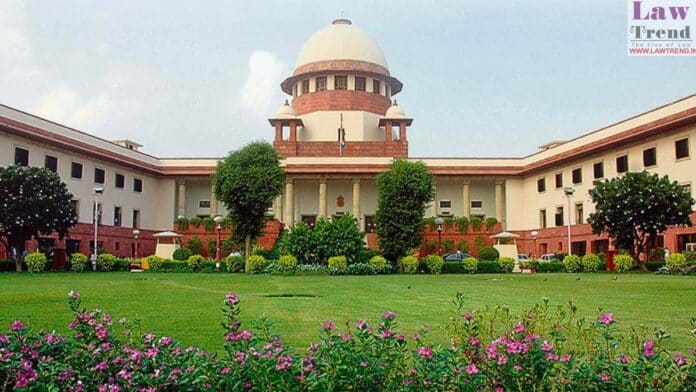In a pivotal judgment on January 9, 2025, the Supreme Court of India, led by Justice B.V. Nagarathna and Justice Nongmeikapam Kotiswar Singh, issued a directive for the release of an appellant, extending the benefits of probation under Section 4 of the Probation of Offenders Act, 1958, and employing the extraordinary powers conferred by Article
To Read More Please Subscribe to VIP Membership for Unlimited Access to All the Articles, Download Available Copies of Judgments/Order, Acess to Central/State Bare Acts, Advertisement Free Content, Access to More than 4000 Legal Drafts( Readymade Editable Formats of Suits, Petitions, Writs, Legal Notices, Divorce Petitions, 138 Notices, Bail Applications etc.) in Hindi and English.




